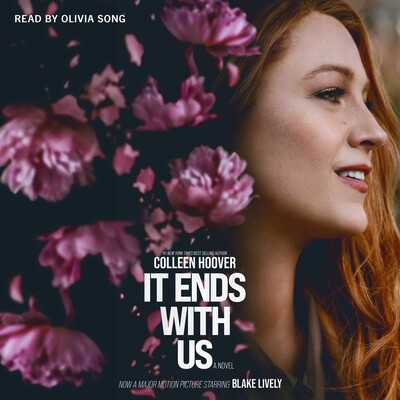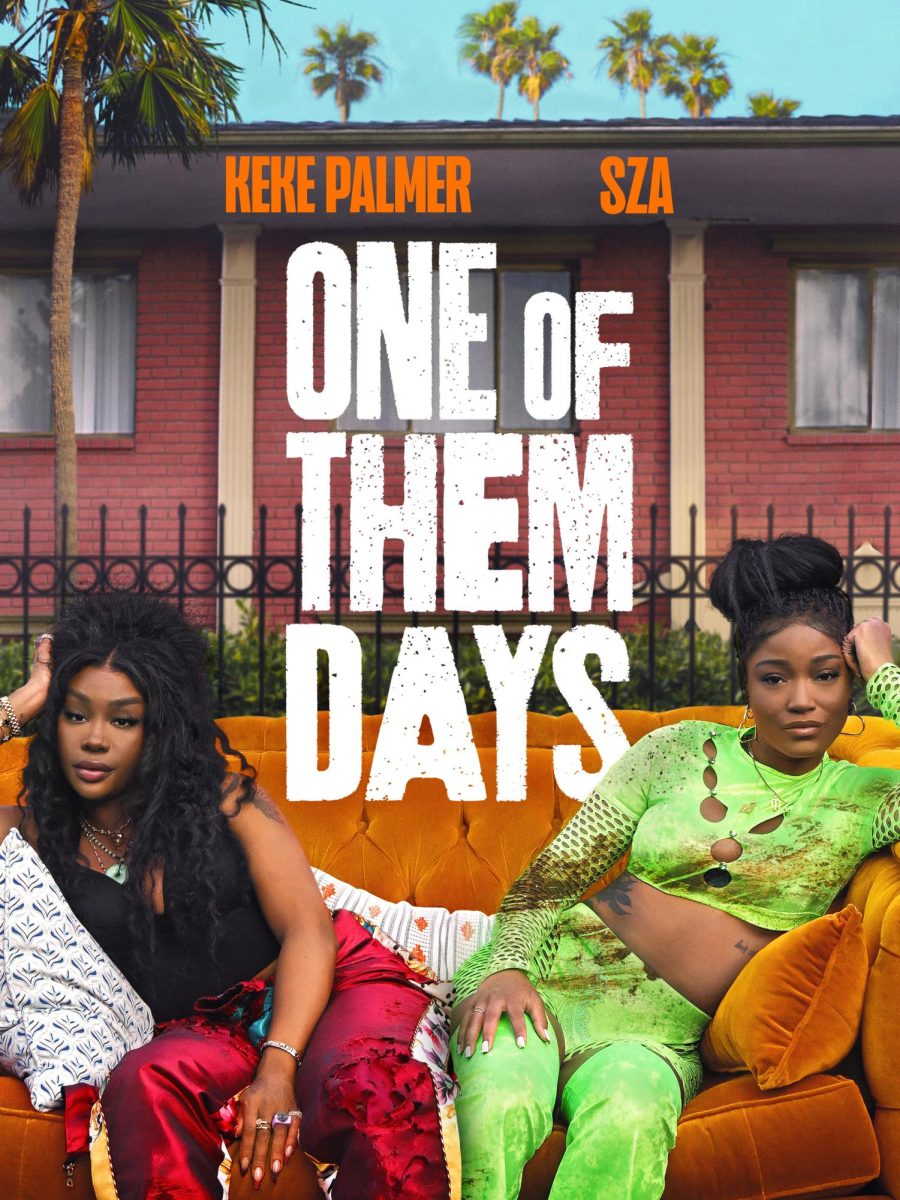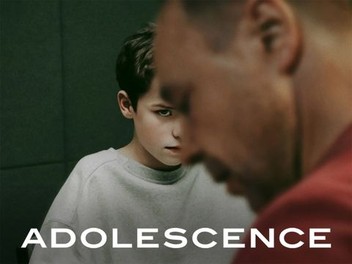It Ends With Us, directed by Justin Baldoni, is a romantic drama adapted from the Colleen Hoover novel. It’s a riveting story that not only delves into the concept of romance but also touches on sensitive topics such as domestic abuse. It premiered at the AMC Lincoln Square in New York City on August 6, 2024. It Ends With Us, has garnered considerable attention for its poignant exploration of complex themes such as love, trauma, resilience, and domestic abuse. The protagonist, Lily Bloom, played by Blake Lively, embarks on a journey that intertwines her romantic aspirations with painful memories of her past.
Overall, the movie itself was very deep and emotional. But the second half was so much better than the first half, in my opinion. The first half is mainly a typical love story between Ryle Kinciad, played by Justin Baldoni, and Lily and her reflections on her father’s abusive behavior towards her mother. The second half touches upon how the film fosters critical discussions about how cycles of violence can perpetuate across generations. Throughout the movie, there were flashbacks back to when Lily was a teenager and her experiencing the interactions between her abusive father and her mother. It creates struggles that she faces in her relationship with Ryle Kinciad and it foreshadows how their relationship will turn out.
Character development is a standout feature, with Lily evolving from a hopeful romantic into a more guarded, yet stronger, individual. The film weaves through flashbacks of Lily’s childhood and the present day, in those flashbacks one of the major characters was Lily’s first love, Atlas Corrigan. Atlas’s backstory is similar to Lily’s, he grew up in an abusive environment. Towards the middle of the film he shows up again during Ryles and Lily’s relationship. a her journey is mirrored by two significant relationships — one with Ryle Kincaid, and another with her first love, Atlas Corrigan, played by Brandon Skelner . Both characters undergo their own arcs, revealing complexities that keep the audience emotionally invested.
In terms of box office performance, It Ends with Us has been a commercial success, reflecting its broad appeal. It has resonated deeply with audiences, sparking conversations about the themes it tackles and influencing cultural discussions around topics like domestic abuse and emotional growth.
Critics have lauded It Ends with Us for its fearless storytelling, nuanced performances, and technical finesse. Critics have written, “The film’s theme of how abuse occurs in generational cycles is noteworthy, as we see Lily’s stalwart goal of breaking that cycle–excellent messages about the topic of physical abuse and self-worth”. Reviews often highlight its unflinching portrayal of sensitive issues and its ability to evoke a wide range of emotions. The film has garnered a significant amount of critical acclaim, establishing itself as a powerful narrative within contemporary cinema.
The impact on viewers has been profound, with many praising the film for its emotional depth and the honesty with which it handles complex issues. Its cultural significance is reflected in the discussions it has prompted online and the emotional responses it has elicited, making It Ends with Us not just a cinematic experience, but a meaningful contribution to contemporary storytelling. I urge those who haven’t watched this movie to watch it.








